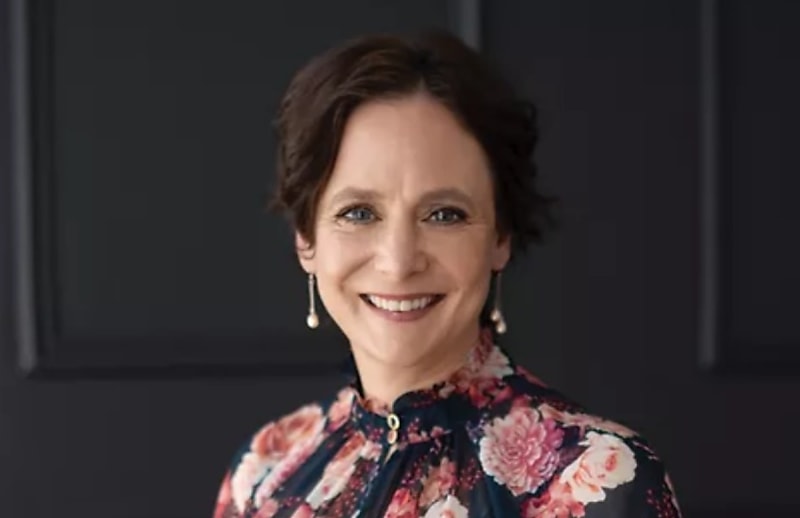Small business ‘at risk’ if NSW workers comp rises 33%
BusinessA huge increase in premiums could be the last straw for many, says COSBOA.

NSW small businesses will be unable to employ more people or help grow the economy if a projected 33 per cent increase in workers compensation payments is realised, according to the state’s employer associations.
The NSW compensation scheme, icare, was financially unsustainable and the premiums paid by 333,000 businesses would need to be one-third higher, according to a report in the Sydney Morning Herald yesterday.
Council of Small Business Organisations Australia CEO Alexi Boyd said if the projected increases were correct, small businesses would find it difficult to stay viable.
“It’s not just the cost of the premiums, it’s the burden of reporting which is required and the number of government agencies that small businesses have to deal with,” Ms Boyd said.
“It’s been one hit after another for small businesses. The cost of doing business is rising with increased energy costs, and we are still trying to get back on our feet after the pandemic and worker shortages.
“There are many successful small businesses out there and we are seeing lots of green shoots and positivity, but suddenly this is another reason why an overly onerous government requirement makes it hard from a business perspective.
“The associations that we represent are hearing a lot of concerns from their members who are not sure what this impact will have.”
A 33 per cent hike in premiums through a series of staged increases to 2025 would cost employers an additional $1 billion on top of the $3 billion already paid each year, the SMH estimated.
The executive director of Business NSW, David Harding, said concerns over workers compensation premiums had spurred it to make a number of submissions to the NSW treasury and government.
“We’re very concerned about the premiums and the affordability of it, not just for small businesses but larger employers as well. For years we have called out the inefficient claims management process,” he said.
Mr Harding said recommendations to the state government about streamlining the scheme’s regulations had failed to elicit a response.
“Investigations have been done and the McDougall Review into icare was handed down in 2021 but it is just gathering dust,” he said.
Mr Harding welcomed a government decision to limit this year’s rise to 2.9 per cent but questioned the viability of capping increases going forward.
“The return-to-work outcome in this space is poor and getting poorer, and more costly,” he said. “Business NSW want to contribute to the debate in a positive way with some practical help and understanding of what this means for small employers in particular.
“Small employers need to be better informed and educated about this and we need to develop a common language with GPs and lawyers, and look at the issue of injuries, and psychological injuries in particular, in a more wholistic way.
“Businesses need certainty about what is going to happen, or this issue will be a never-ending hole we are trying to fill. Both sides are playing politics with it, and they need to step up and tell us how they are going to fix it.”


